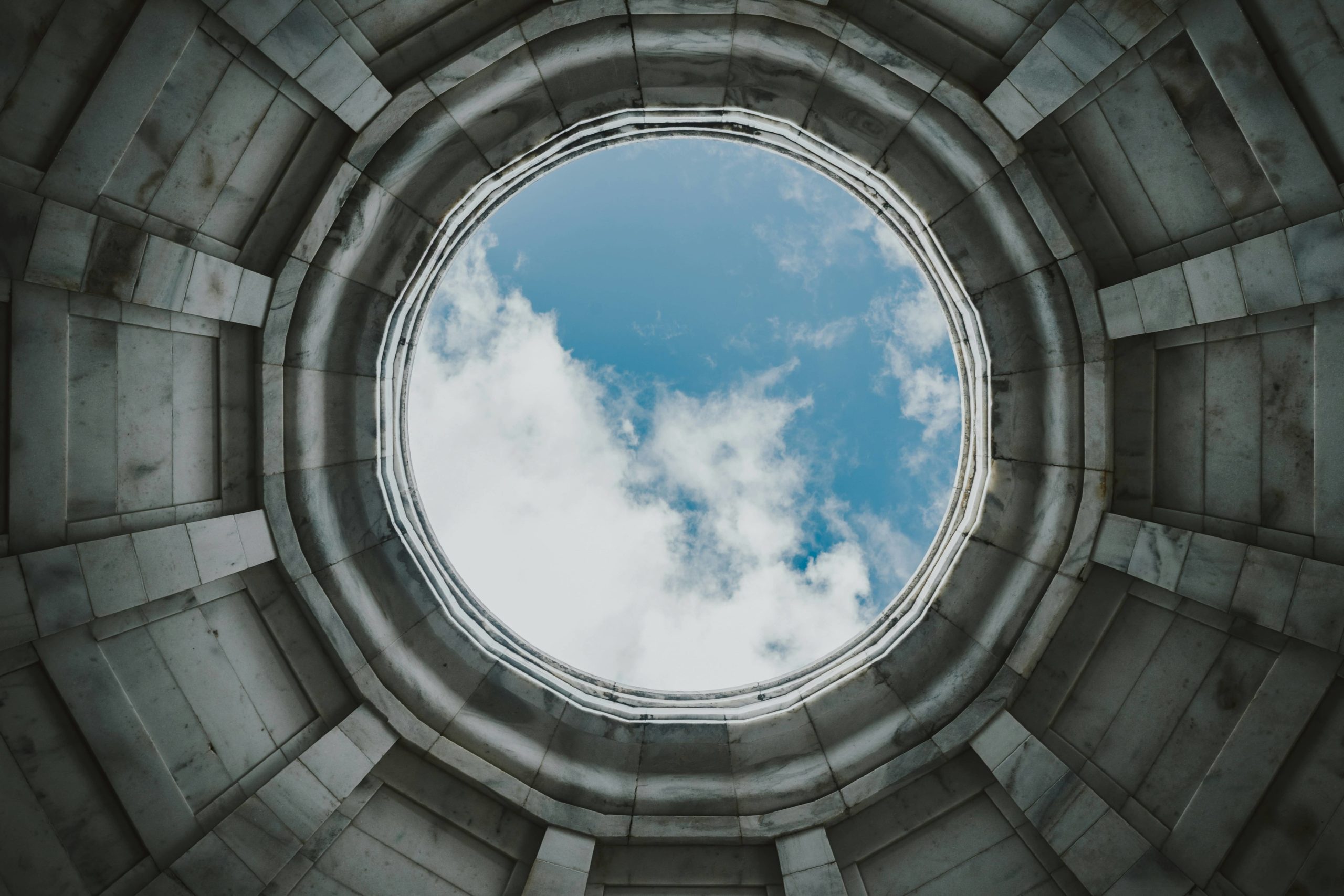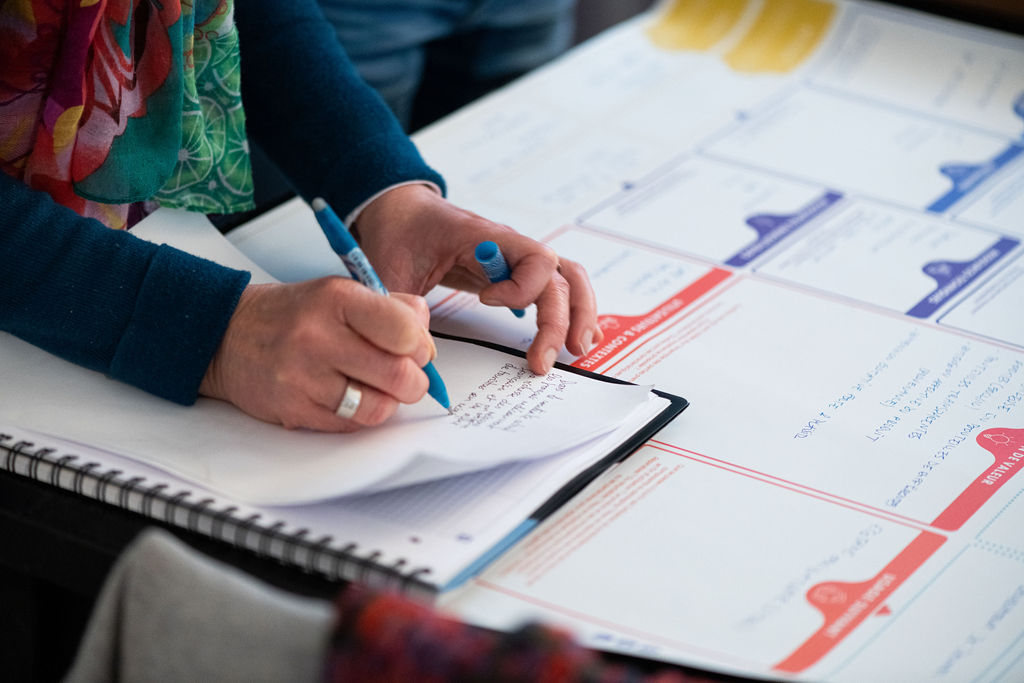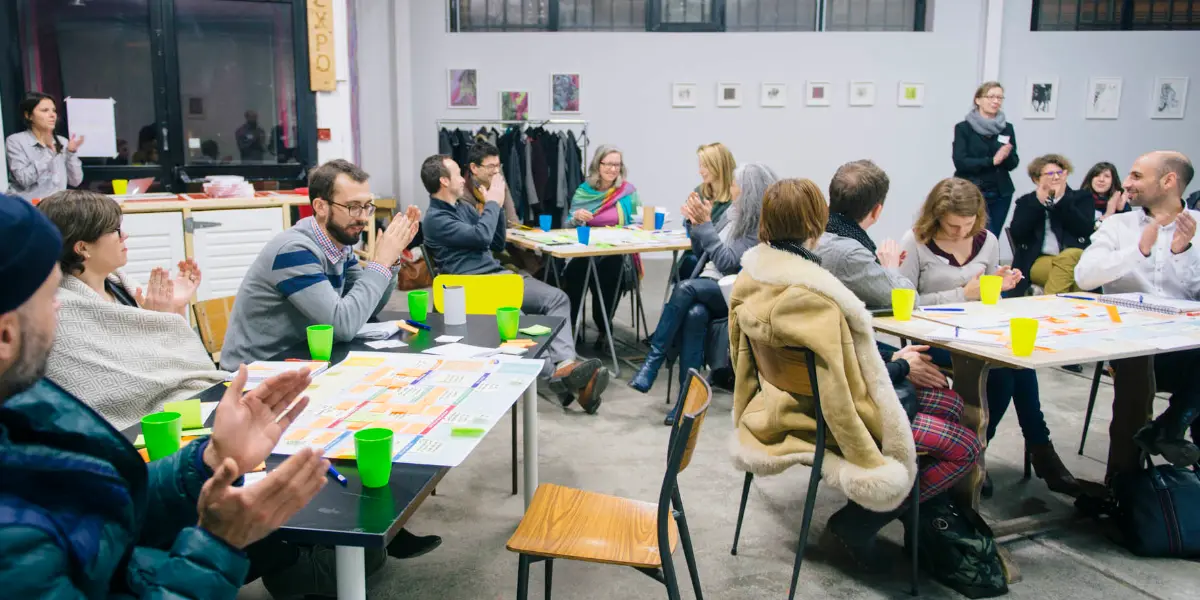Circular Economy: A Responsible Economic Model for a Better World What is the circular economy?
The definition of a circular economy
The circular economy is an economic model aimed at reducing resource waste by promoting their reuse, recycling, and recovery. It opposes the linear economy, which is based on the "extract-produce-consume-discard" model. The goal of the circular economy is to create a system where waste is transformed into resources, thus preserving the environment while generating economic value.

A training to understand and implement the circular economy
To implement a circular economy, it is essential to understand its principles and the issues associated with it. That's why it is important to get trained in this responsible economic model. Circulab Academy offers courses on the circular economy, tailored to the needs and expectations of businesses. These trainings are conducted by experts and professionals in the circular economy, allowing participants to gain in-depth knowledge and concrete skills to implement circular projects within their companies.
Circular Economy: An innovation lever of businesses
The circular economy is often associated with innovation, and rightly so. Indeed, to implement a circular economic model, it is necessary to rethink production and consumption processes by integrating innovative practices and technologies. This can lead to the creation of new products and services, optimization of resources, cost reduction, and enhancement of business competitiveness.
Sustainable Design: A tool for the circular economy
Sustainable design is an approach that integrates environmental, social, and economic challenges into the design of products and services. It enables the design of sustainable, repairable, and recyclable products, thus promoting the circular economy. Businesses can use sustainable design to rethink their products and production processes, adopting a circular approach from the design phase. This reduces the environmental impact of products while creating value for the company and its customers.
The Circular Canvas: A tool to implement Circular Economy
Circular Business Model: Creating value while preserving the environment
The circular canvas is a tool that allows businesses to design and implement a circular business model. It is an adaptation of the famous Business Model Canvas, incorporating the principles of the circular economy. This canvas enables businesses to rethink their economic model by considering environmental, social, and economic aspects. It allows for the creation of value while preserving the environment, by promoting resource reuse and waste reduction.


A responsible economic model for sustainable development
The circular economy is an economic model that fits within a sustainable development approach. By promoting the reuse, recycling, and recovery of resources, it reduces the environmental impact of economic activities. It also contributes to local job creation, the fight against climate change, and the preservation of natural resources. By adopting a responsible economic model, businesses can thus contribute to a better world for future generations.
Discover our Circular Economy courses
Get an in-depth understanding of the concepts of circular economy and resilience. Master the tools and methods that will enable you to make your business model sustainable and resilient for the future.
